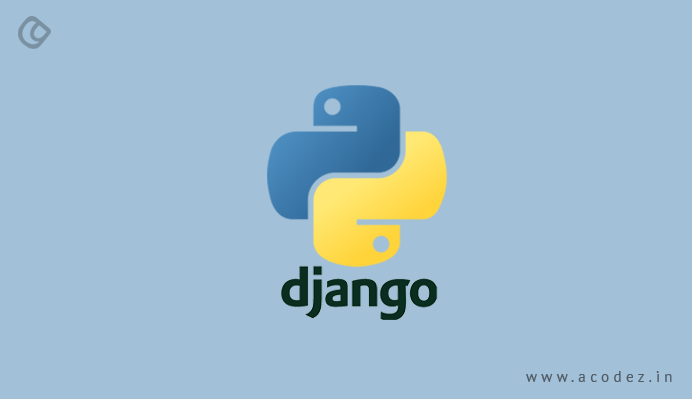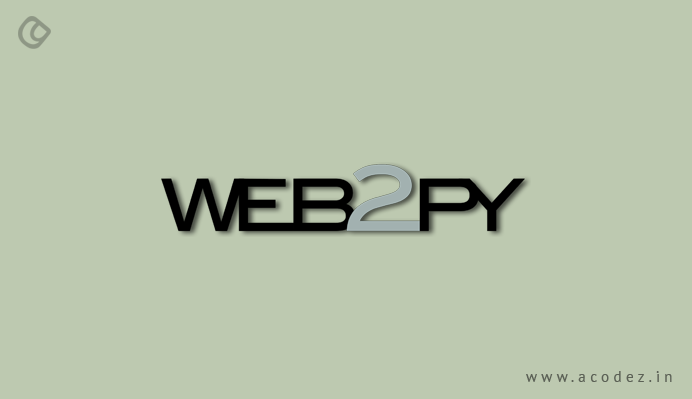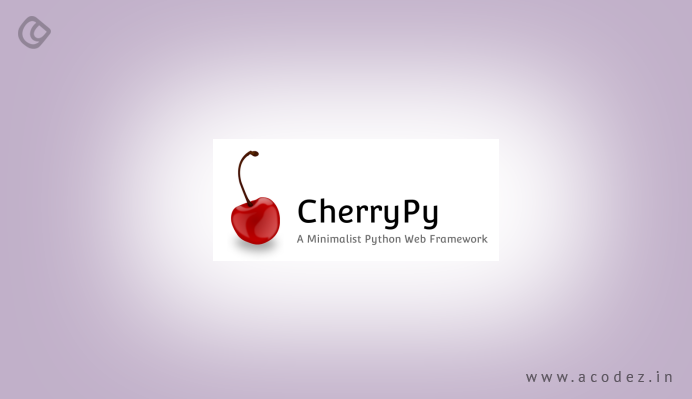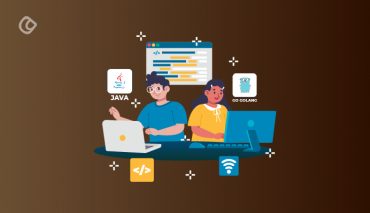Web developers and frameworks have a deep connection as these are the building blocks of any application that they are crafting. With these frameworks, a set of solutions are born, which provides developers more time to pay attention to the application’s logic rather than other repetitive and less-important aspects. Hence, a lot of time and effort are saved.
Python web frameworks are such category of frameworks that help in cutting off the extra time and effort that might be involved otherwise. We will share some of the interesting Python web frameworks that will help you in the process of web app development with ease and in no time. Our focus is mainly on helping you choose the best available frameworks for your needs.
Before we take a look at these frameworks, it is important to go through the factors that you must consider when choosing a framework. What matters the most?
The size and other details of the project would comprise the most important aspect of any project. Imagine that you are planning to develop an app or system that would exhibit a number of aspects and characteristics, then it would be great to choose a full-stack framework. But for smaller and simple projects, micro frameworks would be best. But it is important that you have a clear idea of the project that you are going to work on and all the activities that would be involved within it before you start out. With a full-stack framework, you would find that there are a very limited set of options, but you can always customize these to fit in your needs.
So, let us take a look at what are all the python web frameworks that we can use when handling a little complex framework:
Django

It has earned approximately 31,592 GitHub stars and 13,361 GitHub Forks. Amazing, isn’t it? And now you know the reason why it tops our list. This full-stack Python web framework is open source and free of cost. You can find that it gives you all the required characteristics (in-built) rather than as separate libraries. Listed below are some of the interesting features of Django:
- Authentication
- URL routing
- Template engine
- Database schema migrations
- Object-relational mapper
With the help of its object-relational mapper, Django maps all its objects to the database tables. You have the liberty to use the same code with a number of databases. And migration from one database to another is not a difficult process. Django can be blended in with a variety of databases, including MySQL, Oracle, PostgreSQL, and Oracle.
Pyramid
Again, another open-source web application framework is Pyramid. So when working with complex packages, Pyramid can be a better choice as it will help you with minimizing the complexity involved in this process. Also not only does it help you when working with large-scale projects, but also it will be the best choice when working with small-scale apps.
Some of the interesting features that make Pyramid the most preferred choices include URL generation, flexibility in authorization and authentication, support, data documentation that is categorized as comprehensive, asset and template specifications compatible with all, renderers, function decorators, and predicates.
Turbo Gears
This data-driven full-stack web app framework is open-source. This will help you to develop some of the best apps. And as you might be aware, Turbo gear offers a power-packed and flexible ORM, with a user-friendly template as well. You might be interested to find out that Turbo Gear has a variety of interesting features such as MVC-style architecture, Kid, and Genshi, support for SQLAlchemy, SQLObject, multiple database support, application libraries that will help simplify coordination of server-side and front-end designs. And also apart from these, it includes features such as paste script templates, pylon web servers, validation offered by Form Encode, function decorator features, command-line tools, front-facing WSGI-based servers and MochiKit JavaScript Library integration and others.
Web2py

Another scalable full-stack Python web frameworks are the Web2py framework, which is also open source. Web2py has its own IDE (web-based), which is a full package of a debugger, code editor and can be deployed at a single click. Some of its features include installation features without installation and configuration.
It gives the option to view and access many protocols. Also with this, you get the ease to be executed or accessed across operating systems Linux/Unix, Mac, Windows, and web-hosting supporting Python 2.5-2.6 and even Java+Python or javascript front-end frameworks.
You can easily blend it with any of your engineering ideas while ensuring that the code will be easier to read and maintain. Also, with this, error tracking, error logging and ticketing becomes much easier. You have the power to ensure that a user-oriented advancement is happening to provide backward compatibility and there is no need to lose connection with the previous versions while accomplishing this. It provides a great deal of security to all your information preventing all sorts of susceptibilities, including injection flaws, malicious file execution, and cross-server scripting.
Flask
Another interesting Python web Frameworks is Flash which you can avail under the BSD license. Draws inspiration from the Sinatra Ruby Framework, it majorly has its dependency revolving around Jinja2 template, Werkzeug, and WSGI toolkit. And with Flask, you can develop a great web application. You can also implement or connect with any extensions as needed. It can be adapted to the needs of developers as it has a modular design and is lightweight as well. Some of the features include an integrated support to enable unit testing, Jinja 2 temptation, compliance with WSGI 1.0, handling HTTP requests, securing with cookies support for the client-side sessions, RESTful dispatching of requests, provides faster debugging with the help of an in-built development server and finally, the ability to plug in ORM. Another interesting feature is that it is Unicode-based.
Bottle

Another interesting framework is the bottle, which also falls under the category of micro-frameworks. It was initially designed for creating APIs. But this is capable of implementing all aspects and components of an app embedded within a single source file. It is dependent only upon the Python standard library.
It is easier to do coding with a bottle, unlike other frameworks. Some of its default features are utilities, basic abstraction, templating, routing, etc.
Let us take a look at these functionalities in further detail:
Routing will help you to handle requests made to function-call mapping while allowing you to scrape out URLs that are clean and dynamic. Next, you will find templates that are speeder and comprise of a Python-based template engine, which will get support for powering Jinja 2, cheetah and mako. Then you will find utilities that will create a platform to help you interact with cookies, headers, file uploads, HTTP-related metadata and even form data. It comes with an inbuilt HTTP development server that supports CherryPy, GAE, Bjoern, and fapws3. With a bottle, you will now have an excellent solution for acquiring further knowledge of how web frameworks should be arranged while developing apps.
CherryPy

Another interesting and popular Python web frameworks are the CherryPy, which is the minimalist and open source as well. With this, you can build web applications with ease and simplicity unlike any of those complicated object-oriented programs. You can use any operating systems, including Linux, Windows, and MACOS when executing CherryPy apps. Wherever you can run an ordinary Python app, this can be deployed. You can run it across Apache, but it can run on Lighttpd and IIS as well – which means Apache is not the only one where you can run it. You might be aware of the fact that CherryPy might be not an extensive framework since it falls into the category of the micro framework. But it supports a variety of features, including cookies, file uploads, statics, etc.
These are some of the interesting Python web frameworks.
Acodez is the leading web development company in India that specializes in providing the best web development services to its clients. The websites are developed keeping in mind the latest web development trends to provide you with the best looking and feature-rich website. It is due to the dedication and the excellence in the services provided that has helped us earn numerous awards since its inception.
Looking for a good team
for your next project?
Contact us and we'll give you a preliminary free consultation
on the web & mobile strategy that'd suit your needs best.











Thanks for sharing the post.